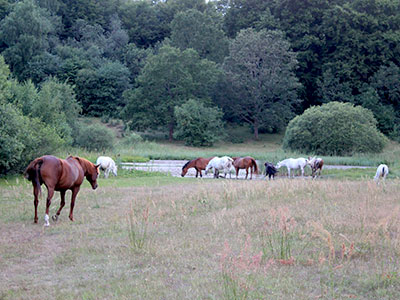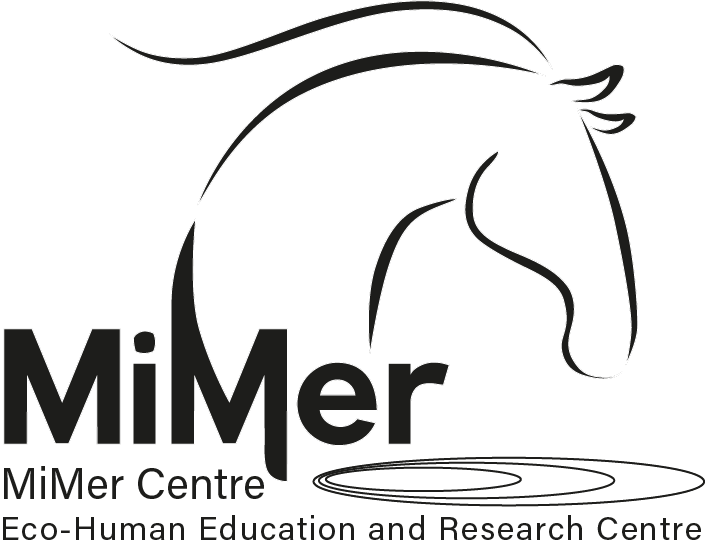 The horse industry is huge. In Europe alone it has a total economic impact of 100 billion euros a year and gives full-time jobs equivalent to 400.000 people. There are 6 million horses in Europe and 6 million hectares of permanent grassland is grazed by horses. It is a growing sector, the number of horse riders growing by 5% a year (www.europeanhorsenetwork.eu). There are about 60 million horses in the whole world. There are no numbers available to estimate how big the total economic impact is worldwide. But we know as living conditions in different countries get better, the demand for horses rises.
The horse industry is huge. In Europe alone it has a total economic impact of 100 billion euros a year and gives full-time jobs equivalent to 400.000 people. There are 6 million horses in Europe and 6 million hectares of permanent grassland is grazed by horses. It is a growing sector, the number of horse riders growing by 5% a year (www.europeanhorsenetwork.eu). There are about 60 million horses in the whole world. There are no numbers available to estimate how big the total economic impact is worldwide. But we know as living conditions in different countries get better, the demand for horses rises.
Some research has been done to investigate how to increase horses' health and welfare, but much remains to be explored. Most research is done from the equestrian perspective, however inclusive "health" indicators of horse welfare are lacking. To develop useful indicators it may be necessary to explore new husbandry systems that more closely fulfill the equines biological, social, emotional and cognitive needs.
There is a need to broaden the research on horses. Studying horses from a horse welfare aspect will give other answers to important questions otherwise put by the equestrian, racing or breeding industry, where the usefulness of the horse in different ways is an important driving factor. Our firm conviction is that research on horses as biological, social, cognitive and emotional creatures will benefit the horse industry, but more importantly give the horse a more fair chance to get its needs catered for, being done unbiased, as research done on any other animal species.
There is also a trend booming all across the globe to involve horses (and other animals) in different kinds of horse assisted activities for humans, like therapy and coaching. Also here we need to scientifically consider what the participation in such work means to the overall welfare of the horse. How does such work affect horses?
Please feel free to contact us with propositions, ideas, and questions at This email address is being protected from spambots. You need JavaScript enabled to view it.
